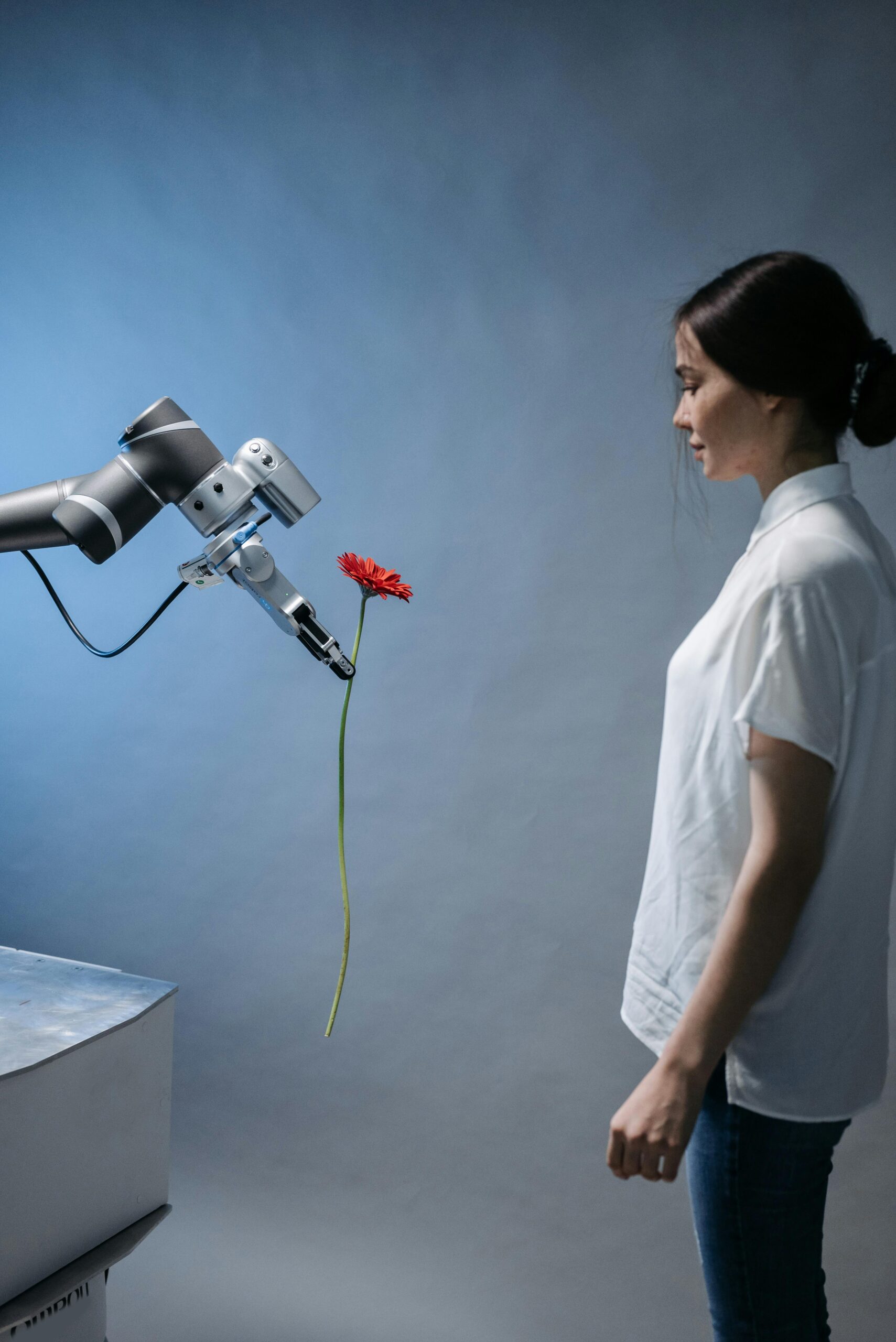In the rapidly evolving world of artificial intelligence, one of the most surprising trends for 2024 is the rise of AI companions—virtual beings that offer more than just assistance. These AI entities are now acting as friends, mentors, and even romantic partners. As society grapples with feelings of isolation, especially in an increasingly digital age, AI companions are becoming lifelines for many. But what does this mean for our future relationships, and can machines truly fulfil our emotional needs?
The Rise of AI Companions: Filling the Loneliness Gap
Loneliness is a growing societal issue, with research indicating that it can have detrimental effects on mental and physical health. Enter AI companions like Replika AI and ElliQ, designed to simulate meaningful human interaction. These systems are built to engage in empathetic conversations, reminding users of daily tasks, or even acting as a supportive “friend.” The pandemic accelerated the adoption of such technologies, especially among the elderly, where social robots like Paro have been shown to reduce feelings of loneliness. These AI entities are equipped with the ability to mimic emotional responses and offer companionship at any hour—something many people crave.
Emotional Dependency: Is AI Really Enough?
Interestingly, the development of romantic relationships with AI is no longer confined to the realm of science fiction. Platforms like Replika AI have seen users form deep, sometimes romantic, attachments with their virtual counterparts. This raises ethical questions about emotional dependency on machines and whether AI could ever replace genuine human connection. While these AI companions are trained to offer comfort and empathy, they still lack the ability to fully understand or reciprocate the complexities of human emotions.
AI in Therapy: A Step Forward or a Dangerous Shortcut?
Beyond companionship, AI is making significant inroads into the world of mental health. AI-powered therapists, though still controversial, offer cost-effective and accessible mental health support. With algorithms that analyze patient communication, AI tools like Woebot can provide cognitive behavioral therapy (CBT) at scale, addressing the global shortage of human therapists. However, while AI can assist in diagnosis and offer initial treatment plans, the lack of human warmth and empathy remains a barrier. Mental health experts warn against over-reliance on AI, emphasizing that the human touch in therapy is irreplaceable.
Ethical Considerations: Where Do We Draw the Line?
As AI companions grow in popularity, ethical concerns are coming to the forefront. Should AI be allowed to mimic deep emotional responses? How do we ensure that users, particularly vulnerable individuals, are not manipulated by these technologies? Moreover, questions about data privacy are ever-present. With AI companions storing vast amounts of personal data, companies must prioritize transparency and ethical use of information to maintain trust.
The Future of Human-AI Relationships
The integration of AI into our emotional lives is just beginning. From easing feelings of loneliness to offering digital companionship, AI is reshaping how we interact with machines—and with each other. As AI becomes more advanced, it’s possible we will see even deeper emotional connections between humans and machines. However, as this trend progresses, society will need to carefully navigate the ethical challenges and psychological impacts of intertwining our emotional lives with artificial beings.
AI companionship may not fully replace human relationships, but it’s evident that these digital entities are here to stay. Whether they become a positive force for emotional well-being or a crutch that isolates us further from real human connection remains to be seen.
